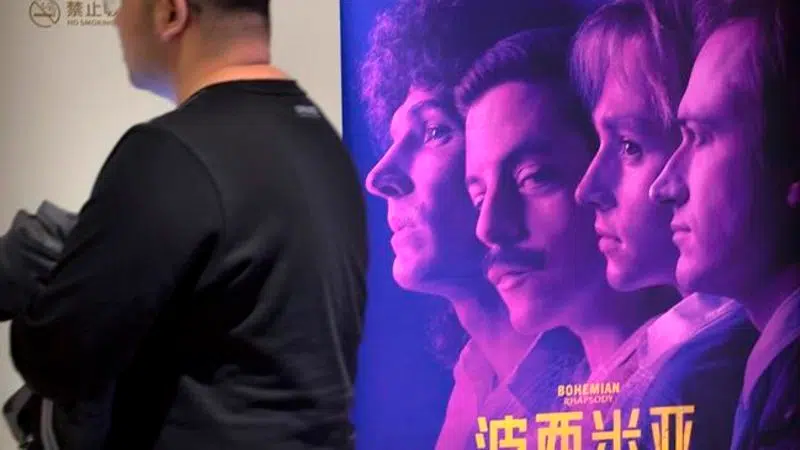
Chinese viewers balk at ‘Bohemian Rhapsody’ film censorship
BEIJING — A huge fan of rock legends Queen, Peng Yanzi rushed to see “Bohemian Rhapsody,” the biopic about the band’s late lead singer, Freddie Mercury, while he was travelling in Britain last October.
It was a touching film that made him cry hard, Peng says. He loved it enough to watch it a second time in his home city of Guangzhou after the film garnered a surprise China release.
But the version of “Bohemian Rhapsody” he saw this past weekend was notably different from the original. Moviegoers in China say key scenes about Mercury’s sexuality have been either abruptly muted or cut altogether.
